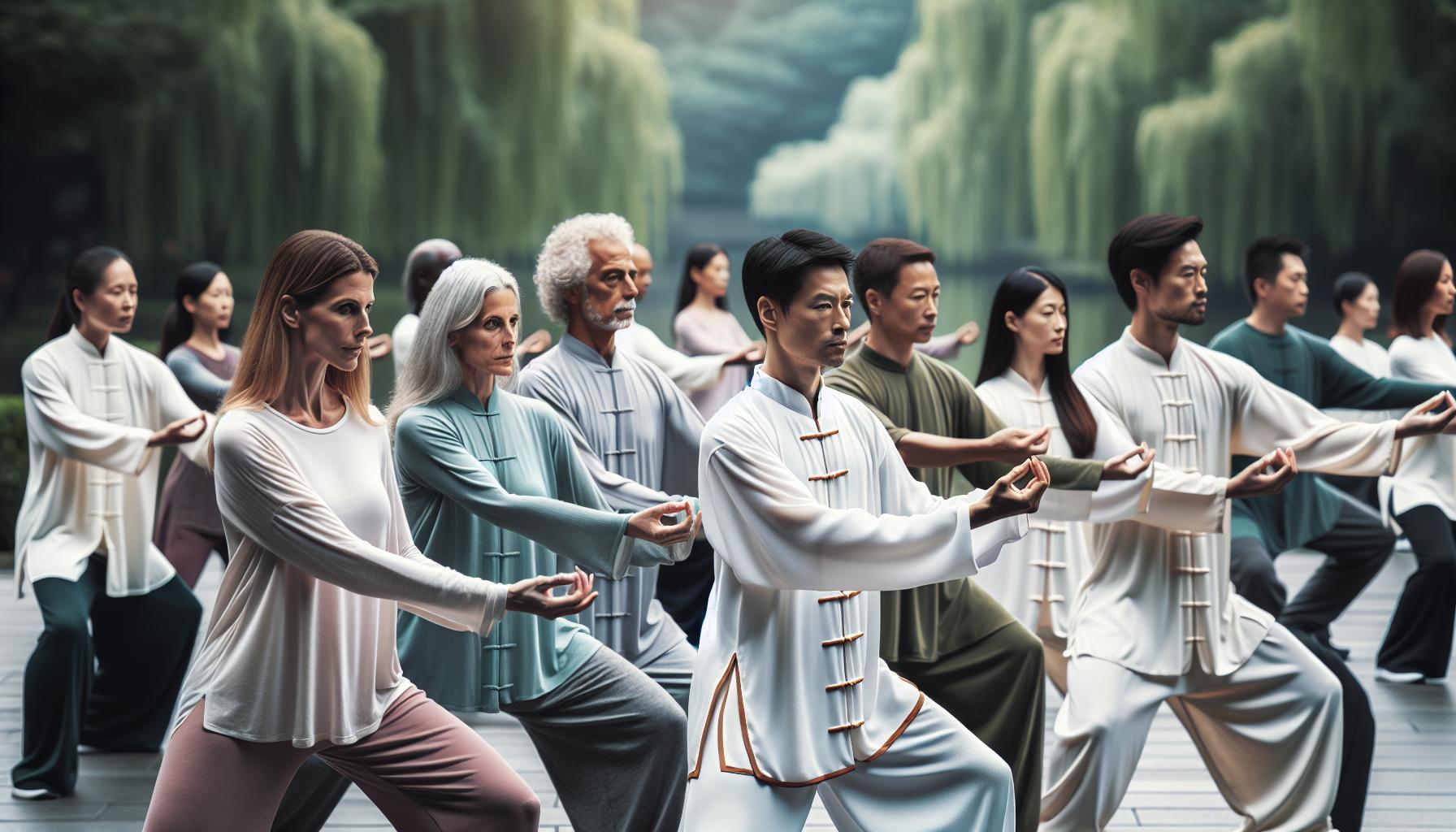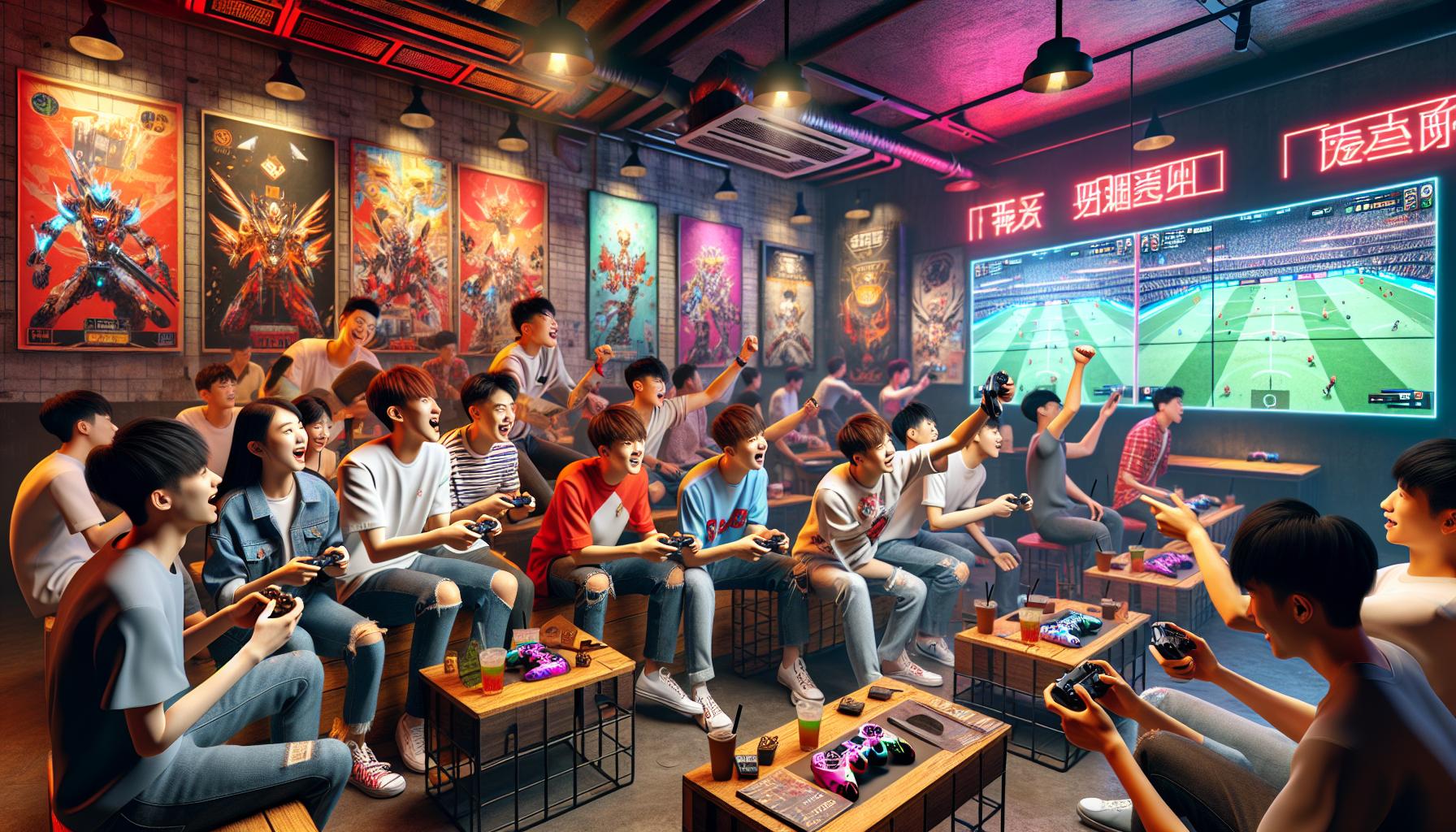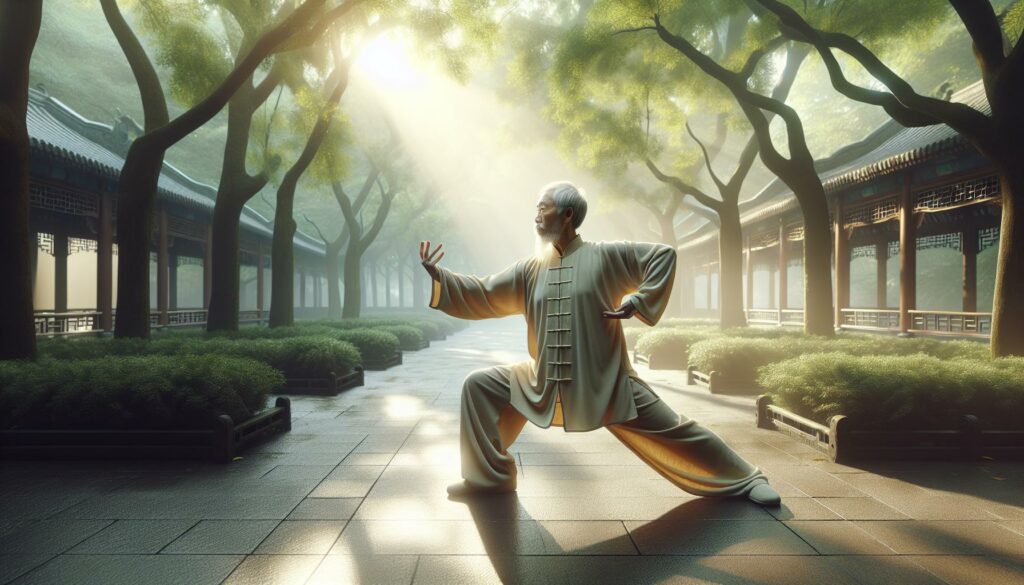Chinese Hobbies boasts a rich tapestry of hobbies that reflect its vibrant culture and history. From the serene art of calligraphy to the energetic moves of tai chi, these pastimes offer more than just a way to pass the time—they provide a glimpse into the soul of a nation. Imagine mastering the delicate strokes of a brush while sipping tea or perfecting your kung fu moves in a park filled with morning sunlight.
Whether it’s the thrill of table tennis or the meditative practice of tai chi, Chinese hobbies are as diverse as the country itself. They invite everyone to join in the fun, regardless of skill level. So, why not dive into these fascinating activities? Embrace the chance to learn something new and connect with a culture that’s been captivating hearts for centuries.
Chinese Hobbies
Chinese hobbies reflect the rich heritage and traditions of the country. Various activities offer insight into its culture while enhancing personal skills. Calligraphy serves as an artistic expression, combining beauty with technique. Practitioners develop patience and precision through strokes and ink, showcasing their creativity.
Tai chi, another popular pastime, promotes physical health and mental well-being. Participants practice flowing movements that improve balance, flexibility, and relaxation. It connects individuals to centuries-old philosophies while offering a gentle workout.
Tea drinking, steeped in history, emphasizes social connection and mindfulness. Hours spent preparing and savoring tea cultivate appreciation for flavors and aromas. Engaging in this practice encourages relationships as people gather and share stories.
Painting, particularly traditional Chinese painting, emphasizes nature’s beauty. Artists use ink and watercolor to depict landscapes, flowers, and birds. The technique requires years of dedication, enabling creators to develop their unique style.
Music holds a significant place in Chinese culture as well. Playing instruments like the guzheng or erhu fosters emotional expression and cultural understanding. Ensemble performances often bring families and communities together, celebrating shared heritage.
Gardening, especially bonsai, showcases a love for nature and creativity. Growing miniature trees requires skill and attention, transforming gardens into living art forms. This hobby cultivates patience as individuals nurture their plants over time.
Collecting traditional crafts such as jade, ceramics, and calligraphy scrolls offers enthusiasts a tangible connection to history. Each piece tells a story, revealing the craftsmanship and artistry of past generations. Engaging in collection fosters appreciation for the fine details preserved through time.
Popular Traditional Hobbies

Popular traditional hobbies in China reflect rich cultural heritage. Many engage in these activities to connect with history and enhance personal skills.
Calligraphy
Calligraphy stands out as a revered art form in China. This practice involves painting characters with brush strokes that require precision and control. Individuals develop patience and focus through mastering different styles. Historical texts and poetry often inspire calligraphers, allowing them to express emotions and thoughts artistically. Materials commonly used include ink, brushes, and rice paper, creating a tangible link to ancient traditions. Calligraphy classes and workshops offer opportunities for beginners and enthusiasts alike, fostering appreciation and skill development.
Tai Chi
Tai chi combines gentle movements with deep breathing, promoting health and relaxation. Often practiced outdoors in parks, this martial art focuses on balance and harmony. Participants enjoy mental clarity and physical strength as they follow slow, deliberate movements. Different forms exist within tai chi, including Yang and Chen styles, each with unique characteristics. Group sessions enhance community interactions, fostering connections among practitioners. Many turn to tai chi for stress relief while cultivating mindfulness, making it accessible for all ages and fitness levels.
Tea Culture
Tea culture plays a vital role in social interactions and traditions throughout China. Drinking tea often involves elaborate ceremonies that emphasize respect and appreciation. Various types such as green, black, and oolong teas are enjoyed, each offering distinct flavors and health benefits. The process of brewing and tasting tea creates an opportunity for relaxation and contemplation. Tea houses serve as popular gathering spots, where friends and family connect over cups of tea. Many engage in tea appreciation courses, deepening their understanding of this ancient beverage and enhancing their social experiences.
Modern Hobbies in China

Many modern hobbies have emerged in China, reflecting the country’s dynamic culture and technological advancements. Gaming and social media engagement stand out as significant pastimes for many individuals.
Gaming
Gaming occupies a prominent place in Chinese society. Popular titles like Honor of Kings and PUBG Mobile draw millions of players daily. Mobile gaming leads the industry, as smartphones offer convenient access. Esports tournaments showcase talent and attract large audiences, often held in massive arenas. Gaming cafés provide social spaces where enthusiasts gather to play and interact. Furthermore, developers focus on creating culturally relevant games, incorporating traditional stories and characters to capture the public’s interest.
Social Media Engagement
Social media engagement thrives among the Chinese population. Platforms like WeChat and Douyin connect individuals through messaging, sharing, and content creation. Users create and share short videos, art, and personal stories, contributing to a vibrant digital culture. Influencers play a crucial role in shaping trends, influencing purchases and lifestyles. Additionally, the integration of social commerce into these platforms allows for seamless online shopping experiences. Community interactions foster connections, as individuals share hobbies, interests, and expertise in online forums.
Unique Regional Hobbies

China’s regional hobbies reflect cultural pride and community spirit. Engaging in these activities fosters connections among participants and reinforces local traditions.
Jianzi (Shuttlecock Kicking)
Jianzi, or shuttlecock kicking, showcases skill and control. Players often gather in parks, enjoying friendly competition while enhancing techniques. Originating from the Han Dynasty, this activity involves kicking a weighted shuttlecock through the air without using hands. Varied styles and tricks add excitement, as enthusiasts compete to perform the most impressive moves. Local tournaments celebrate talent, fostering community spirit and encouraging participants of all ages to join.
Dragon Boat Racing
Dragon boat racing symbolizes teamwork and cultural heritage. This exhilarating sport takes place during festivals like the Duanwu Festival, drawing large crowds. Teams paddle in unison while drumming sets the rhythm, creating a vibrant atmosphere. Races occur on rivers and lakes across the country, honoring ancient traditions. Participants train year-round, promoting physical fitness and coordination. Celebrations often accompany competitions, enhancing community camaraderie and showcasing regional pride.
The Impact of Hobbies on Chinese Culture
Hobbies play a crucial role in Chinese culture by preserving traditions and fostering social connections. Calligraphy captivates individuals, encouraging self-discipline and appreciation for art. Practicing tai chi promotes both physical health and mental tranquility, often performed in tranquil parks with community members. Engaging in tea culture deepens social ties, where elaborate ceremonies showcase the diversity of flavors and health benefits.
Tea houses function as communal hubs, providing spaces for friends and family to strengthen bonds over tea tasting. Traditional Chinese painting, emphasizing nature, requires commitment and dedication, serving as a link between generations. Playing musical instruments like the guzheng and erhu allows individuals to express emotions while participating in community bonding experiences.
Modern hobbies such as gaming illustrate the rapid evolution of interests. Mobile gaming dominates the landscape, with titles like Honor of Kings attracting millions daily. Esports tournaments draw large crowds, creating lively environments for social interaction. Social media has transformed how people connect, with platforms like WeChat and Douyin fostering a vibrant digital culture.
Regional hobbies highlight local identities and pride. Jianzi, or shuttlecock kicking, encourages friendly competition, while dragon boat racing reinforces teamwork and cultural heritage during festivals. These activities not only promote fitness but also enhance community spirit, illustrating the interplay between hobbies and cultural identity in China.
Exploring Chinese hobbies opens a window into a rich tapestry of culture and tradition. These activities not only provide enjoyment but also serve as a means of connecting with history and community. Whether it’s the grace of tai chi or the artistry of calligraphy, each hobby offers unique benefits that enhance personal growth and foster social bonds.
As modern interests evolve, the blend of traditional and contemporary pastimes reflects the dynamic spirit of China. Engaging in these hobbies invites individuals to experience the depth of Chinese culture while creating lasting connections with others. Embracing these diverse hobbies can lead to a more fulfilling and enriched life.

